Japan added an IT subject, and South Korea plans to integrate the university entrance exam - an exam that is considered to decide the fate of hundreds of thousands of candidates each year.
In Japan, the university entrance exam includes Japanese, Natural Sciences (Physics, Chemistry, Biology), Social Sciences (History, Economics, Civics) and Mathematics. From January 2025, the Land of the Rising Sun will add Information I to the exam. This subject includes basic knowledge of programming, information networks, communications and databases.
The move is aimed at making students more tech-savvy, helping to meet the high demand for computer skills.
Information Science I has become a compulsory subject in high schools since 2022, according to the Ministry of Education and Training of Japan. As of May last year, about 83% of information science teachers at public high schools nationwide had a certificate to teach the subject.
In South Korea, the Ministry of Education has proposed incorporating some elective subjects into the College Entrance Examination (CSAT), also known as Suneung, starting in 2028 to reduce the pressure on candidates. Candidates will take three fewer subjects than now: Korean, Mathematics, Social Sciences, Natural Sciences, and Vocational Education. Scores are calculated on a scale of 1 to 9.
The integration aims to avoid the situation where different subjects have different levels of difficulty, increasing fairness.
Specifically, currently, in the Math exam, candidates have to go through two parts: general questions and optional questions. According to statistics, nearly half of the candidates taking the upcoming exam choose Analysis because this is considered an easier subject to score than Probability, Statistics or Geometry.
"Barriers between subjects will be removed and students will be assessed holistically to encourage critical thinking about general aspects of Natural and Social Sciences," said Lee Ju Ho, South Korea's Minister of Education.
Similarly, electives such as Speaking and Writing, Language and Media will be integrated into the Korean language test.
The ministry also proposed creating an advanced Mathematics subject including Calculus 2 and Geometry for the exam to discover and nurture talent for advanced industries.
Minister Lee Ju Ho said the university entrance exam reform aims to train human resources for the future in a rapidly changing society, helping students orient their career paths and develop their strengths.
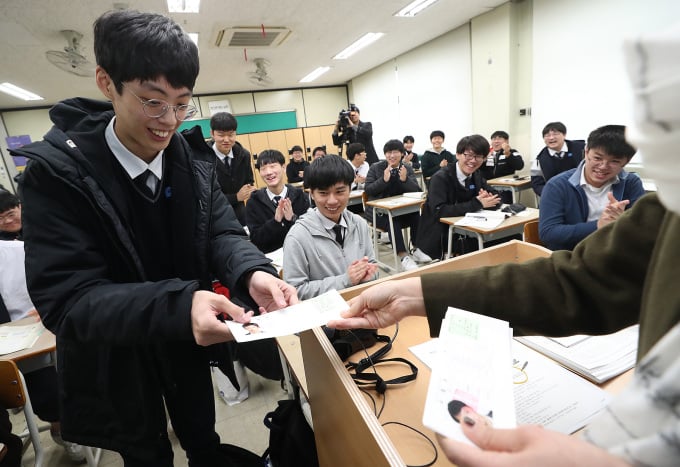
Students receive identification documents ahead of the 2019 college entrance exam in South Korea. Photo: Yonhap
Experts say Japan and South Korea's reform of university entrance exams is in line with global trends.
"It's no surprise that Japan and South Korea are reforming their national entrance exams. This is part of a global trend," said Philip Altbach, a professor at Boston University in the US. In China, many officials and experts are calling for reform of the Gaokao exam to reduce the weight given to English (accounting for 150/750 points).
However, Hiroshi Ota, a professor at Hitotsubashi University in Japan, said that relying on a single examination system to determine university admissions is no longer appropriate. Not many countries recruit university students through a common national examination.
"This entrance examination system will limit the autonomy of universities. Universities should decide on their own admissions," he said.
Meanwhile, many others are skeptical about the exam adjustments. Takuya Kimura, a professor at the College of Education at Kyushu University in Japan, is concerned about the goal of all students taking information technology when the exam adds this subject.
“Students often don’t care about what they don’t learn in exams, even when they get to college. And the gap between students who can afford to learn information subjects and those who can’t will continue to widen,” he said.
Professor Altbach said changes are always controversial. "There has been a lot of criticism in the US about the SAT and ACT college admissions tests, and they have become optional at many universities or even eliminated," he said.
In Japan, for the time being, some universities such as Hokkaido, Tokushima and Kagawa universities plan to exclude Information I from the total score of candidates when considering admission. The reason given is that during the transition period, the schools cannot know the trend and difficulty of the exam.
"Tokushima University plans to grade Information I from the 2027 entrance exam. We will consider it after analyzing the actual learning level of new students," an official in Hokkaido said.
In South Korea, the Ministry of Education plans to finalize the content of the university entrance exam reform by the end of this year, after further discussions with the National Education Commission and relevant parties.
As in China, the college entrance exams in Japan and South Korea are the most important exams for high school students. Their futures are believed to depend largely on these scores, from universities to jobs to income.
Doan Hung (According to THE, Japantimes, Korea Joongang Daily)
Source link







![[Photo] Visiting Cu Chi Tunnels - a heroic underground feat](https://vstatic.vietnam.vn/vietnam/resource/IMAGE/2025/4/8/06cb489403514b878768dd7262daba0b)
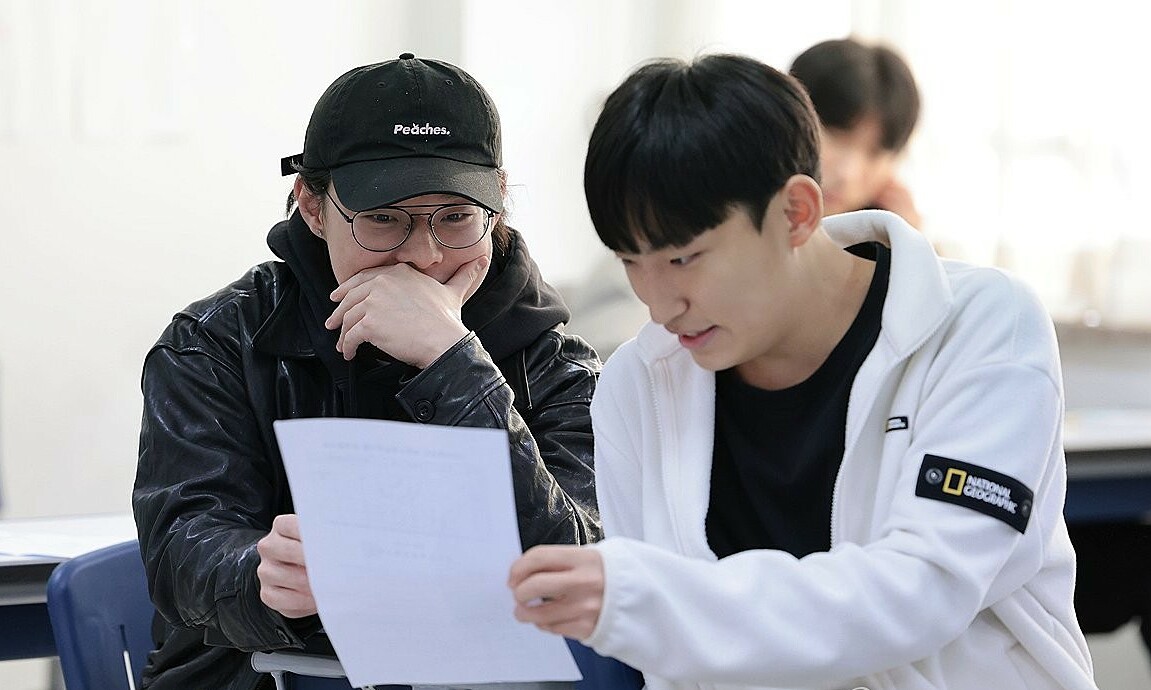
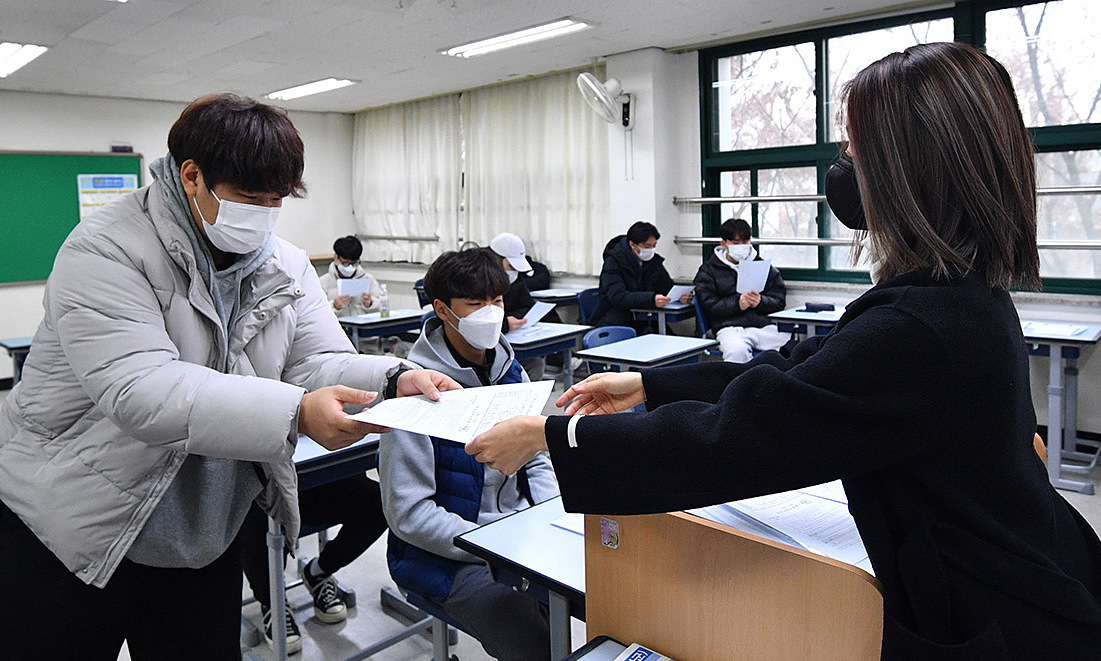
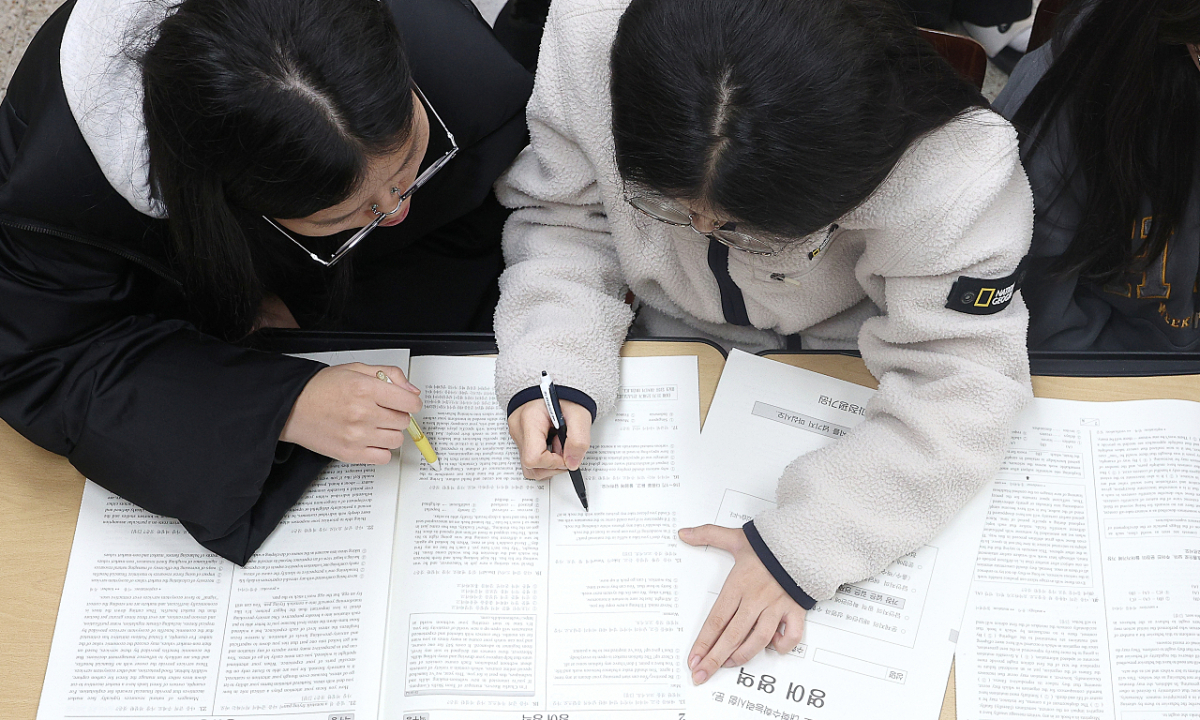
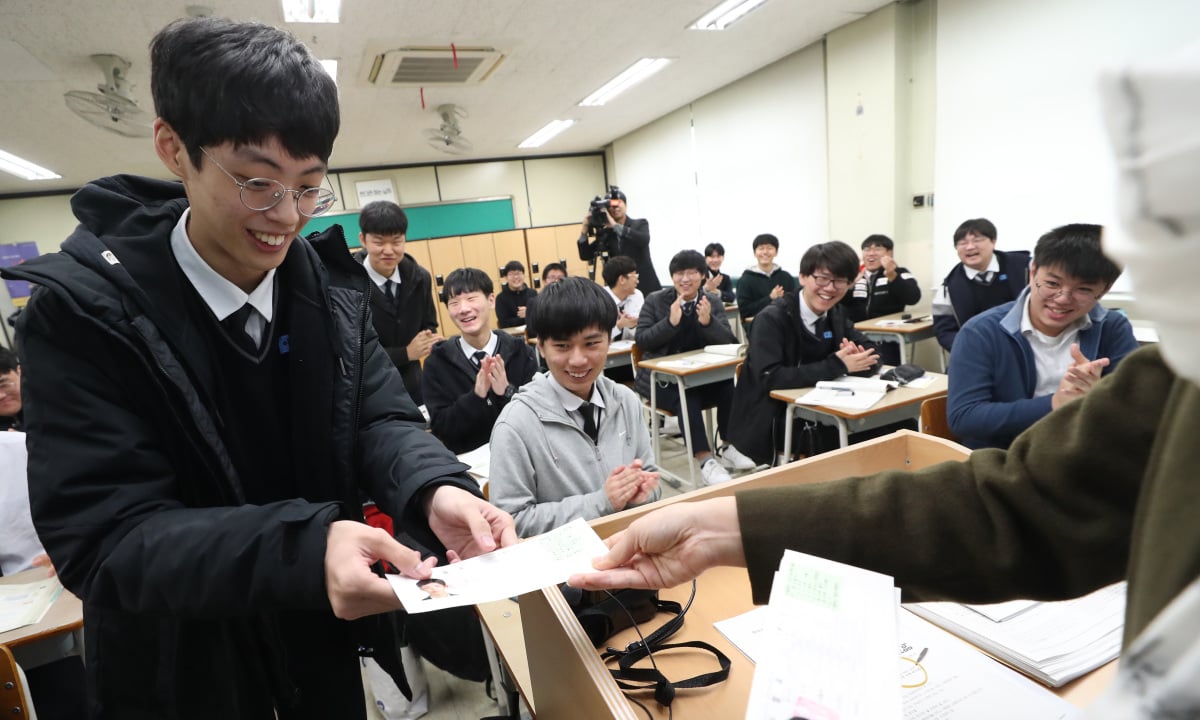
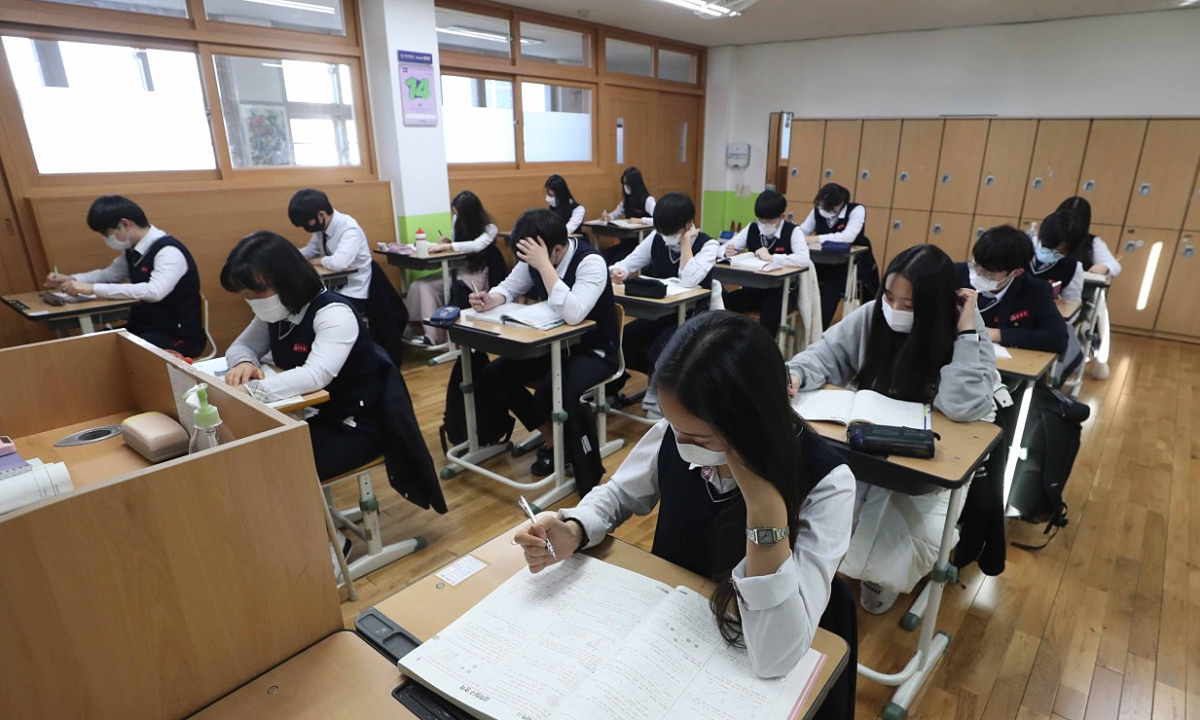
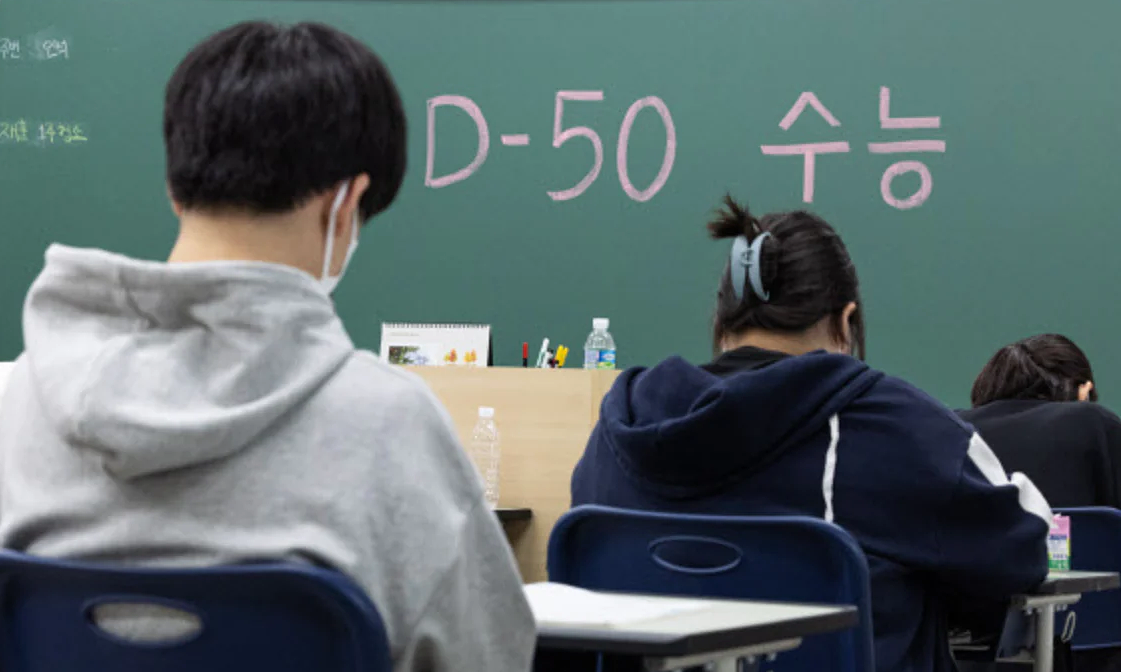
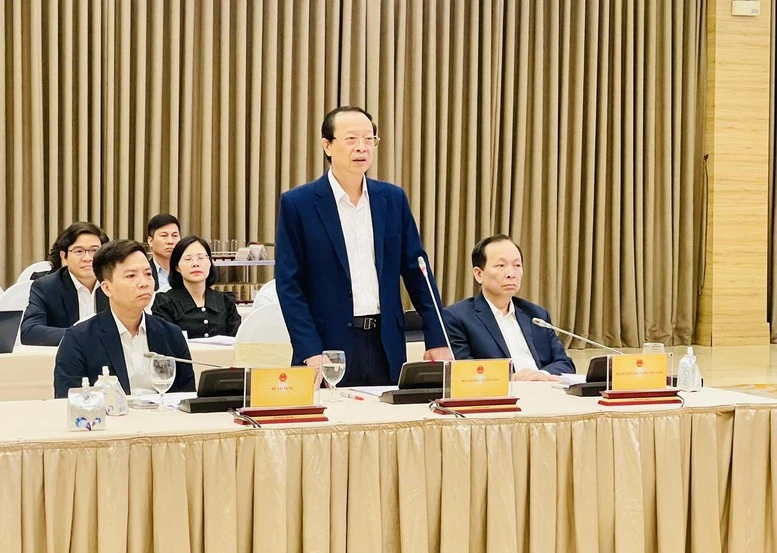
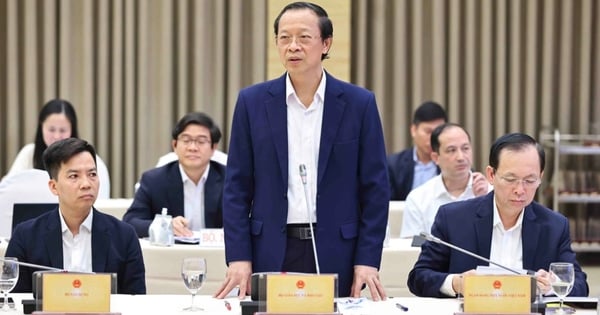
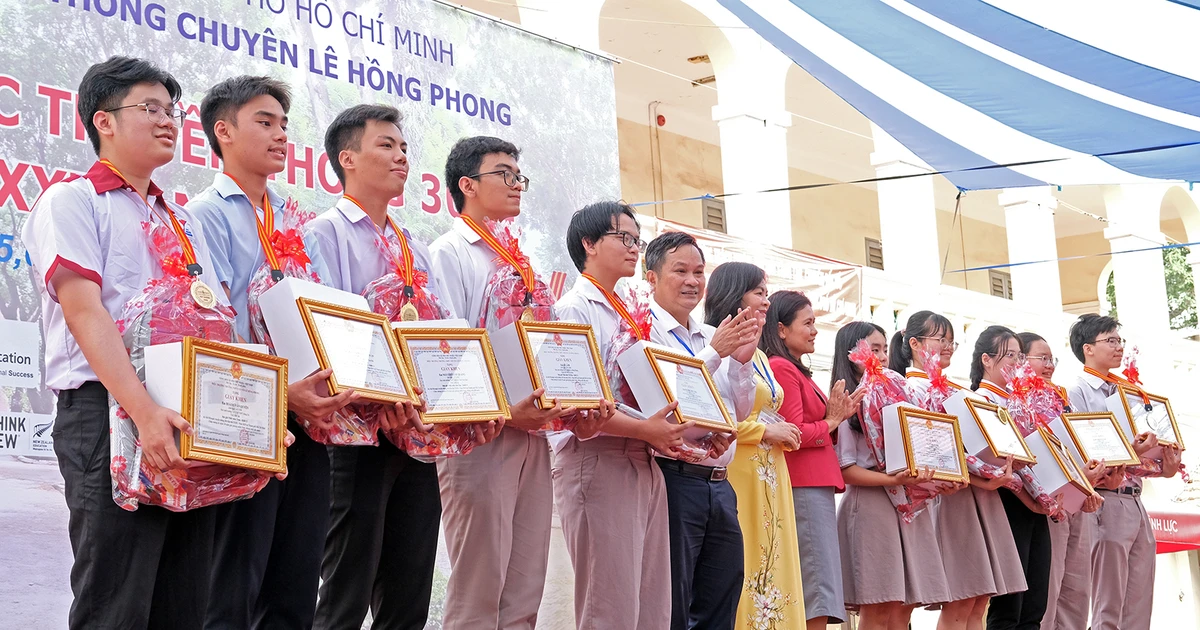
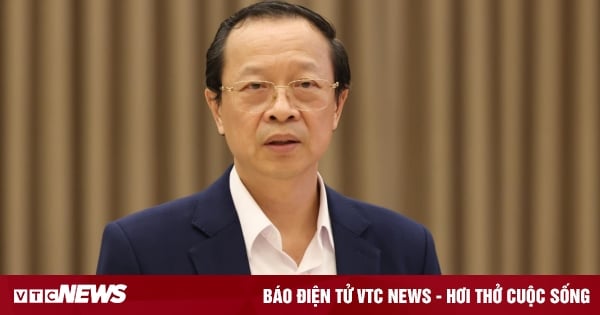
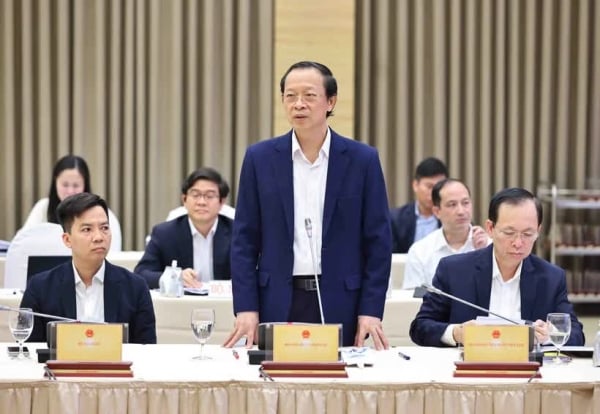



















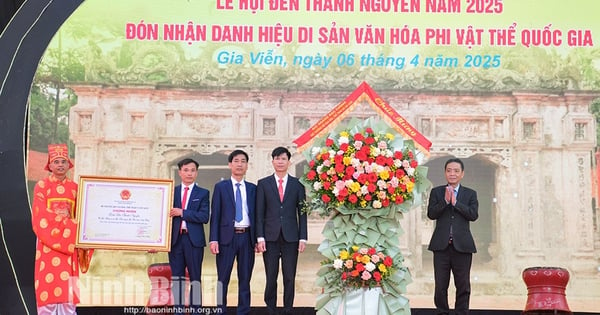




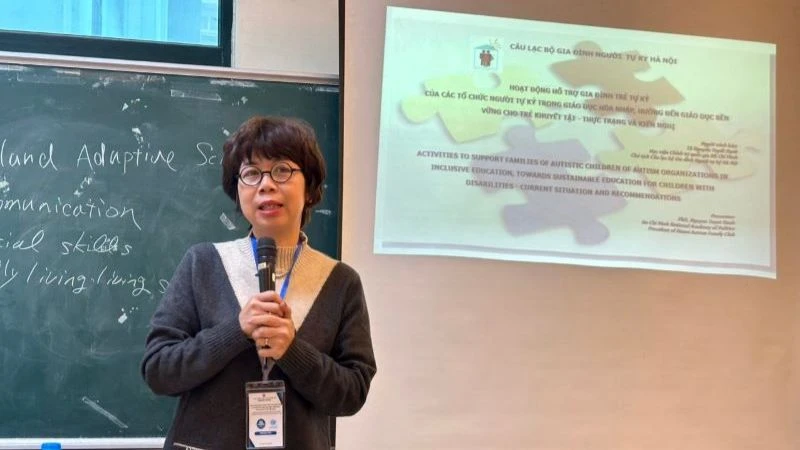












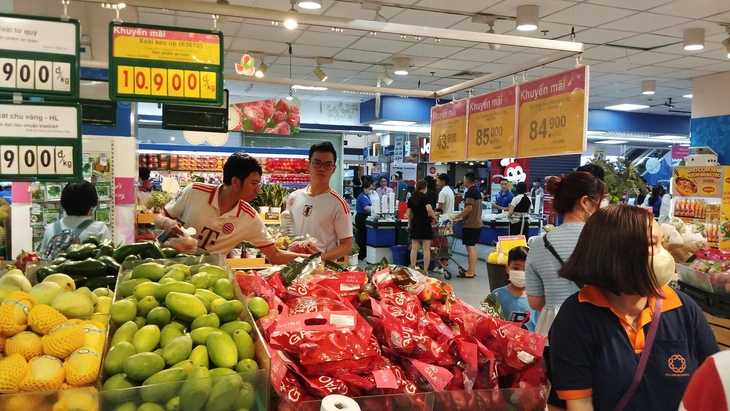




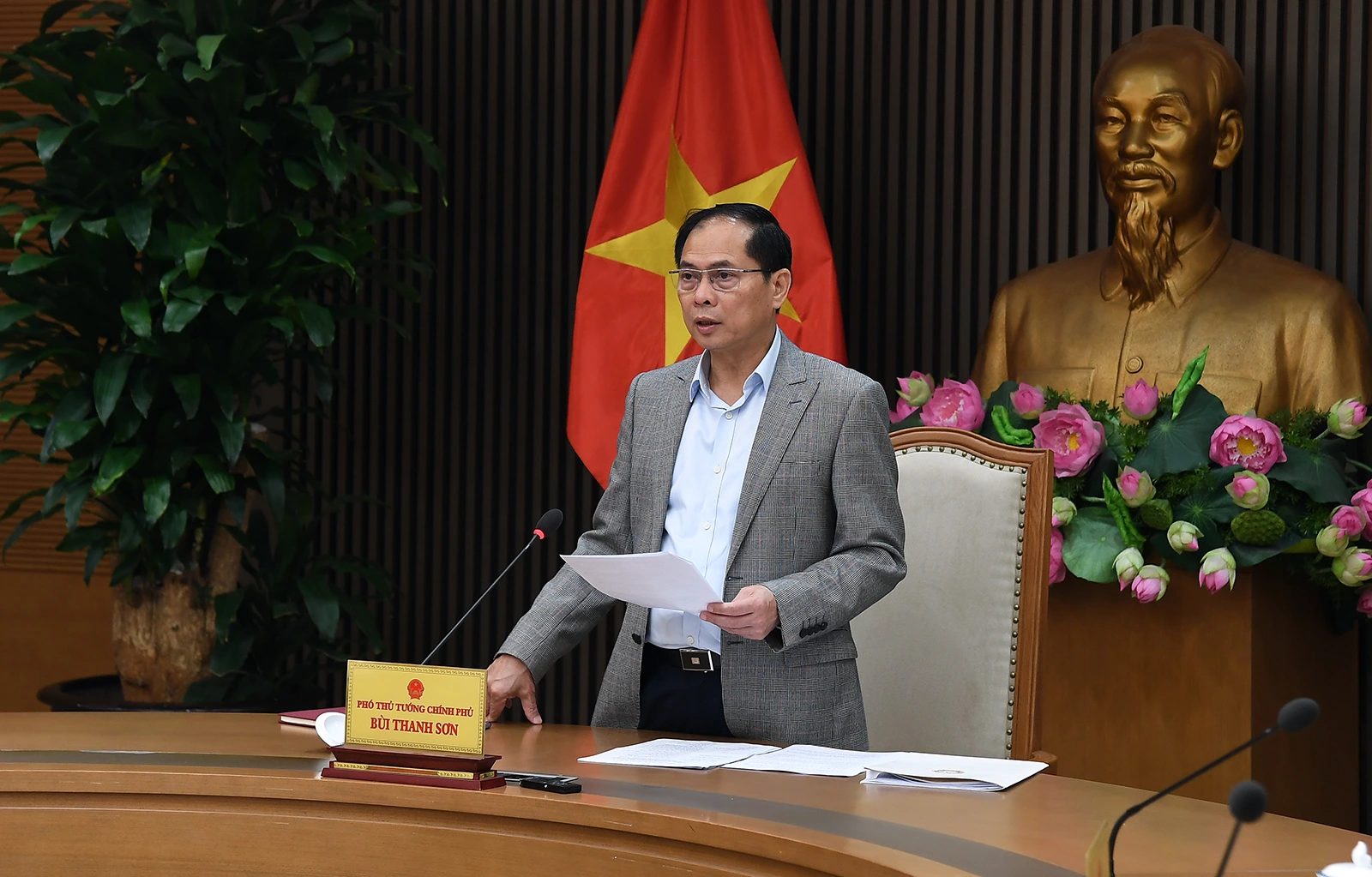









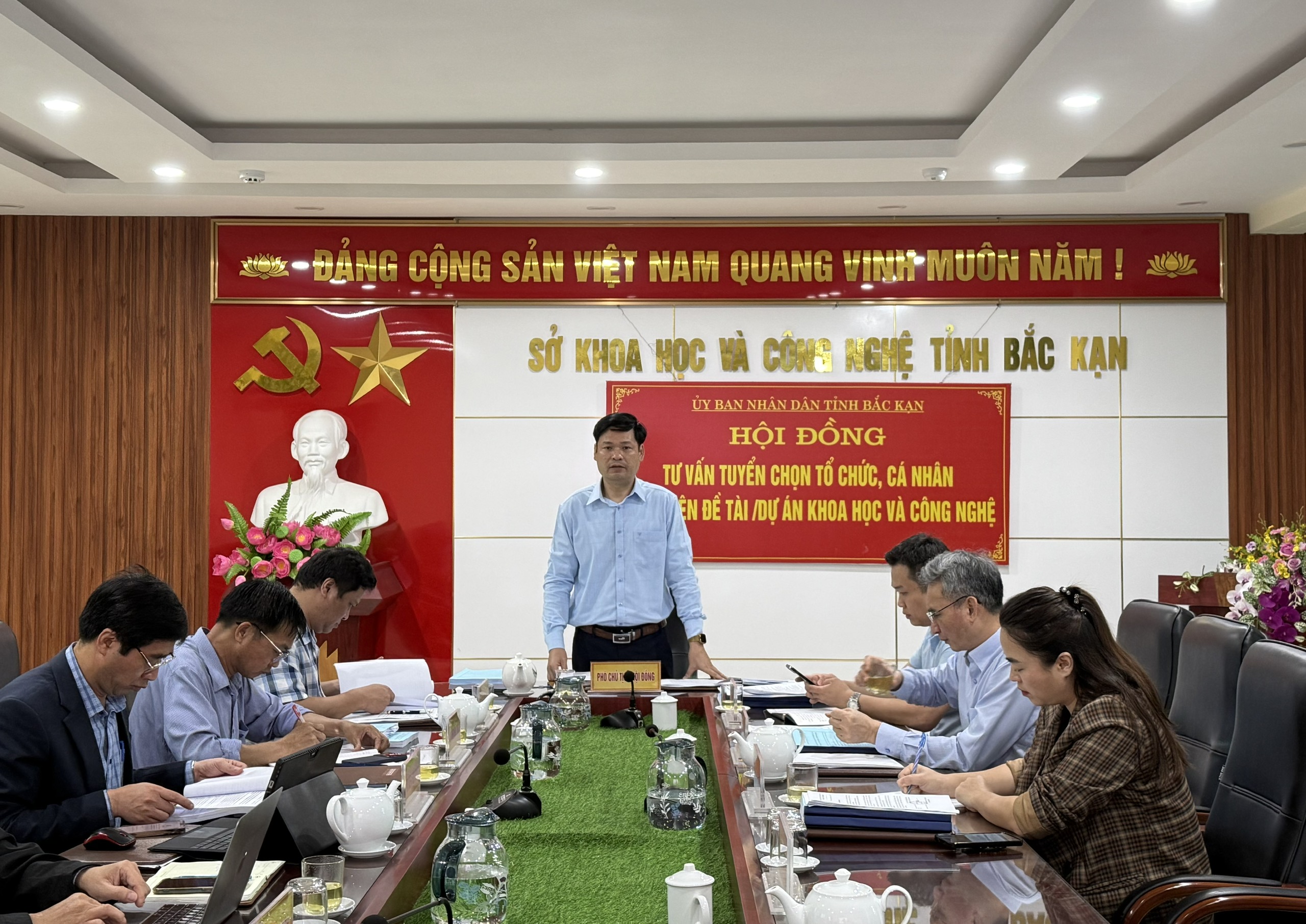

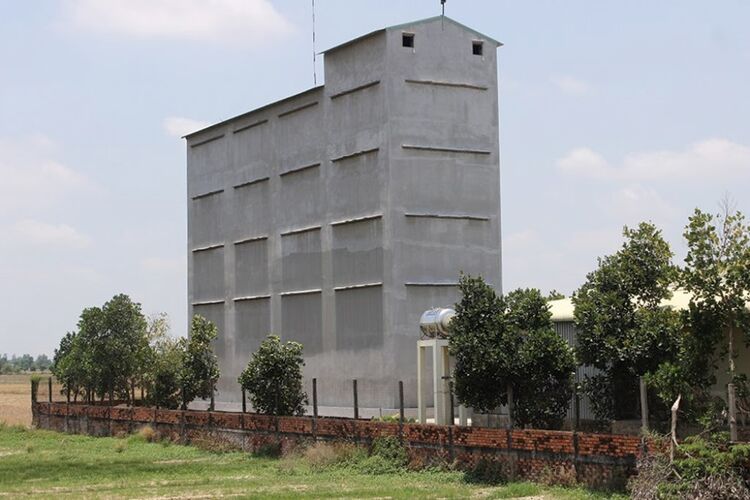
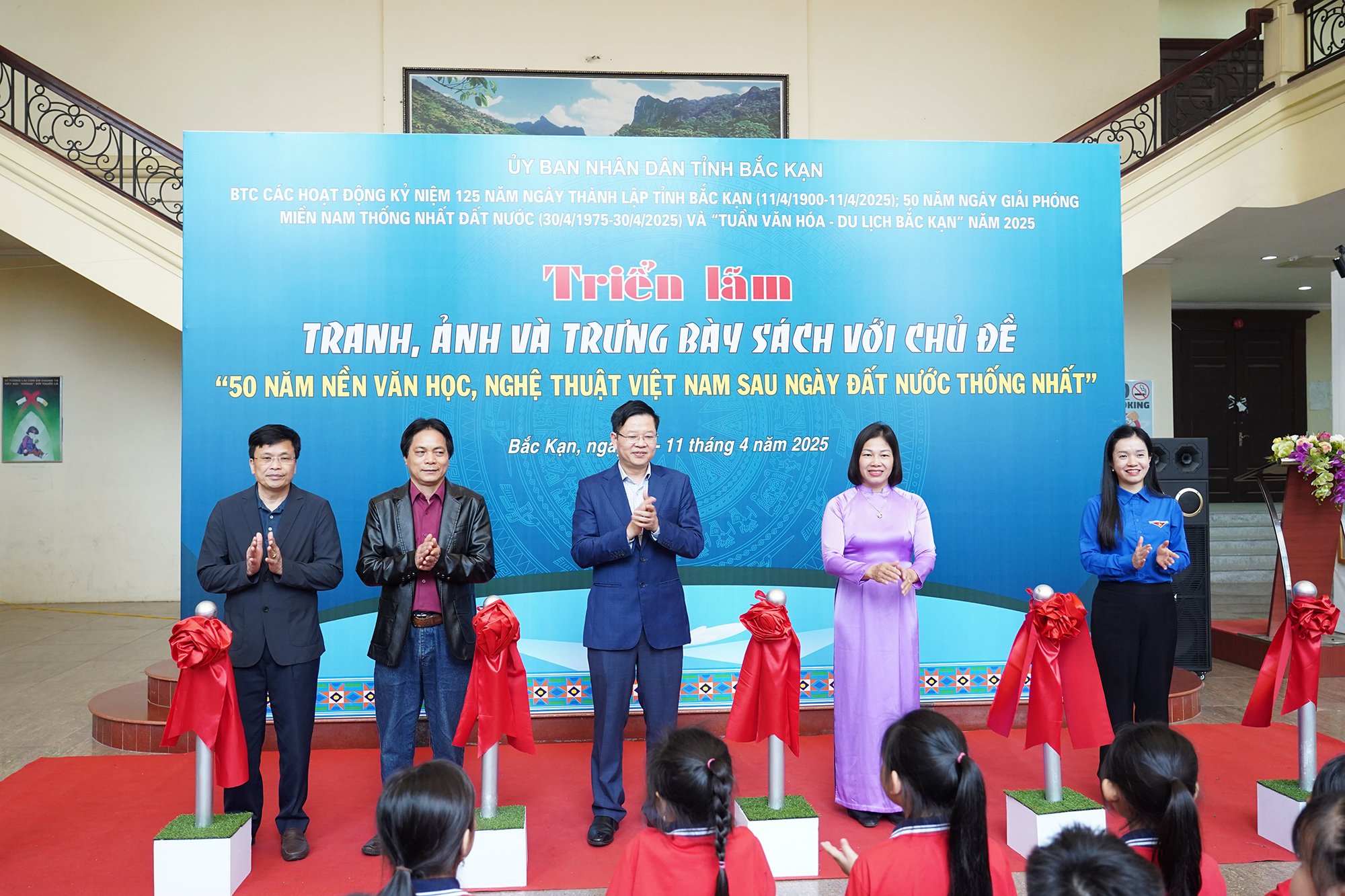












Comment (0)